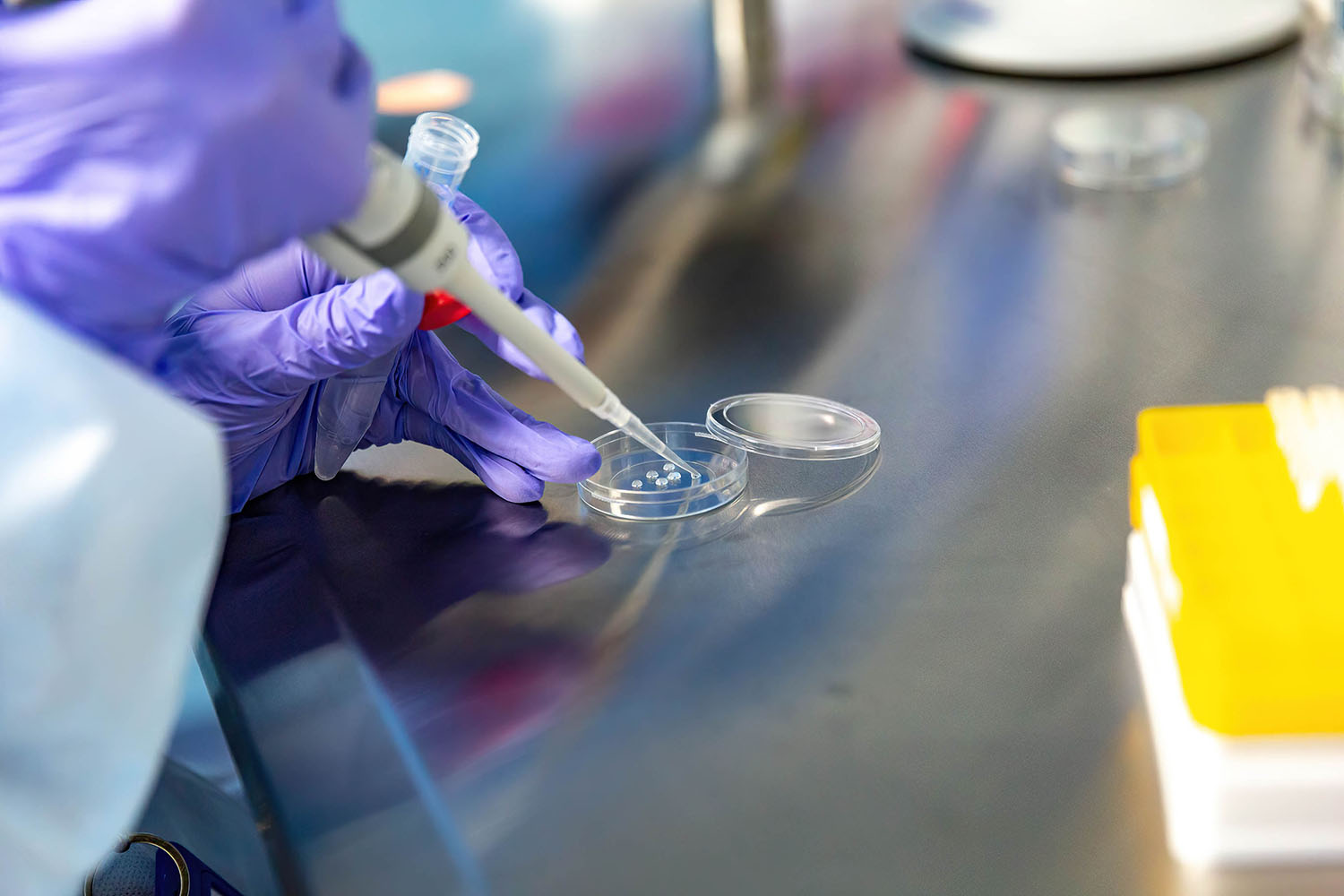European investors are determined to find a solution to the thorny problem of declining global fertility rates.
New figures, compiled for The Observer by financial data company PitchBook, show European dealmaking in the fertility sector soared last year. Venture capitalists made 35 deals in Europe worth €475.62m (£409.49m) in 2024, the most in at least a decade.
The UK accounted for 11 of those deals – equivalent to €208m, almost four times higher than the value in 2023. Among those were Flo Health, a period and ovulation tracking app, which raised €184.35m in July, in a funding round which pushed its value over €1bn – giving it tech “unicorn” status.
Later stage private equity was quieter, with just five deals worth €4.29m – but that followed a bumper year in 2022, when 15 companies raised almost €4.7bn.
On both sides of the Atlantic, investing in fertility is part of a wider growth in interest in women’s health, which also spans endometriosis to menopause. Historically women’s health has been paid little attention by venture capitalists. Last year, companies dedicated to women’s health received just 2.3% of all the venture capital invested in healthcare businesses.
The rapid pace of dealmaking in 2024 has not been maintained so far this year, but at ESHRE, Europe’s largest fertility conference held in Paris this week, there were signs Europe’s investors are still excited by the sector. At opulently furnished booths, doctors and embryologists, sweltering in 38-degree heat, were showered with free coffees and promotional items (including, mercifully for many, egg and sperm-themed hand fans).
On Monday night, selected attendees were invited to celebrate the launch of Nexpring, a new medtech company, at a lavish dinner on the first floor of the Eiffel Tower. The company was formed in March this year when Astorg, a tech and health-focused private equity company, merged three of its brands.
Entrepreneurs attending ESHRE confirmed that investors were sniffing around for deals. “I feel like the last virgin on the dancefloor,” confessed the founder of one of Europe’s largest fertility services providers, who has so far resisted advances from potential investors, and didn’t want to be named.
Silicon Valley is in on the act: in January this year Gaia, a British insurance provider which helps patients to fund IVF, raised €14.5m from, among others, Peter Thiel’s Valar Ventures. Sam Altman, the founder of OpenAI, has invested in Conception, an American company aiming to create artificial eggs from other human cells.
Such investment can be an advantage for patients – a study published in the journal Fertility and Sterility in 2023 showed that live births tend to be higher at clinics with private-equity affiliation. That study focused on the US, however, where private-equity owned clinics are disproportionately in wealthier areas - and it is not clear if the same positive story is true for Europe.
Newsletters
Choose the newsletters you want to receive
View more
For information about how The Observer protects your data, read our Privacy Policy
But there are also downsides: in January this year Apricity, a “virtual” fertility clinic, collapsed with almost no warning, after a funding round fell through at the last minute. Its sudden collapse left patients, many of whom were halfway through treatment, feeling abandoned; some are still owed thousands of pounds. In September 2022, Apricity had raised €17m, the fifth-biggest UK deal in the sector in the past decade.
But Chantal Cox, an investor in the healthtech team at Octopus Ventures, a venture capital firm which led a $15m (£11m) funding round for the IVF automation company Overture Life in 2021, says investors will continue to be attracted to the sector.
“The fertility sector exemplifies how investing in women’s health can yield both significant social impact and strong financial returns,” she says. “It’s about creating families and improving health outcomes while building valuable businesses. The market is thriving and I'm optimistic.”
Photograph LightRocket/Getty

